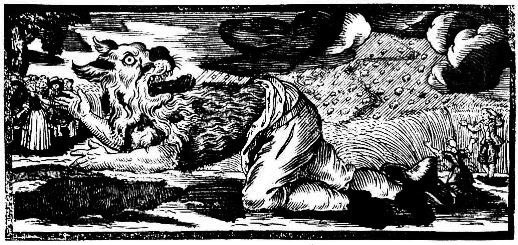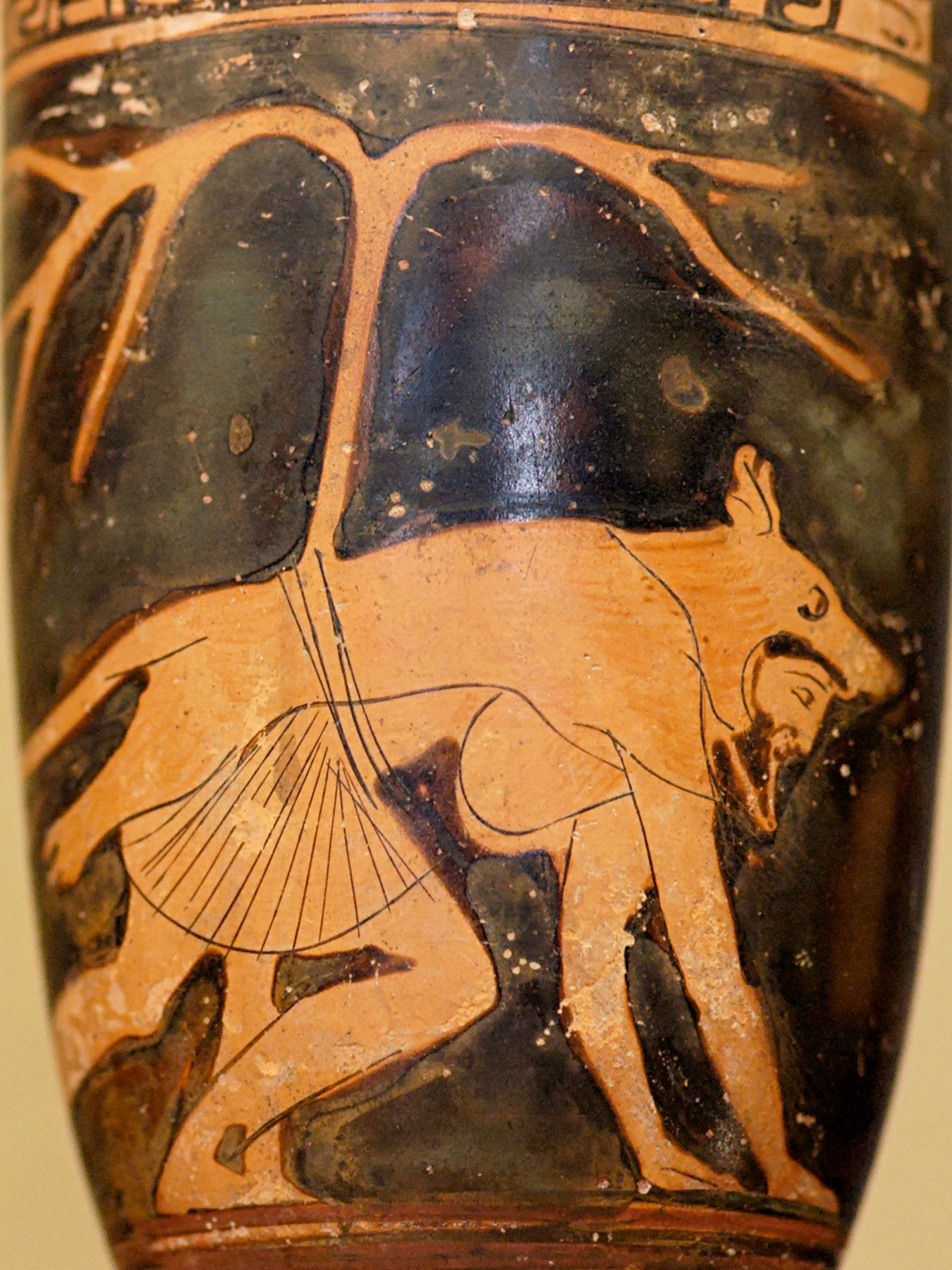|
Jürgensburg
Zaube (german: Jürgensburg) is a village in Zaube Parish, Cēsis Municipality in the Vidzeme region of Latvia. Notable people * Thiess of Kaltenbrun, self-confessed werewolf and condemned heretic Heresy is any belief or theory that is strongly at variance with established beliefs or customs, in particular the accepted beliefs of a church or religious organization. The term is usually used in reference to violations of important religi .... References Towns and villages in Latvia Cēsis Municipality Vidzeme {{Vidzeme-geo-stub ... [...More Info...] [...Related Items...] OR: [Wikipedia] [Google] [Baidu] |
Thiess Of Kaltenbrun
Thiess of Kaltenbrun, also spelled Thies, and commonly referred to as the Livonian werewolf, was a Livonian man who was put on trial for heresy in Jürgensburg, Swedish Livonia, in 1692. At the time in his eighties, Thiess openly proclaimed himself to be a werewolf (''wahrwolff''), claiming that he ventured into Hell with other werewolves in order to do battle with the Devil and his witches. Although claiming that as a werewolf he was a "hound of God", the judges deemed him guilty of trying to turn people away from Christianity, and he was sentenced to be both flogged and banished for life. According to Thiess' account, he and the other werewolves transformed on three nights a year, and then traveled down to Hell. Once there, they fought with the Devil and his witches in order to rescue the grain and livestock which the witches had stolen from the Earth. Various historians have turned their attention towards the case of Thiess, interpreting his werewolf beliefs in a variety of di ... [...More Info...] [...Related Items...] OR: [Wikipedia] [Google] [Baidu] |
Werewolf
In folklore, a werewolf (), or occasionally lycanthrope (; ; uk, Вовкулака, Vovkulaka), is an individual that can shapeshift into a wolf (or, especially in modern film, a therianthropic hybrid wolf-like creature), either purposely or after being placed under a curse or affliction (often a bite or the occasional scratch from another werewolf) with the transformations occurring on the night of a full moon. Early sources for belief in this ability or affliction, called lycanthropy (), are Petronius (27–66) and Gervase of Tilbury (1150–1228). The werewolf is a widespread concept in European folklore, existing in many variants, which are related by a common development of a Christian interpretation of underlying European folklore developed during the Christendom, medieval period. From the early modern period, werewolf beliefs also spread to the New World with colonialism. Belief in werewolves developed in parallel to the belief in European witchcraft, witches, in the ... [...More Info...] [...Related Items...] OR: [Wikipedia] [Google] [Baidu] |
Cēsis Municipality
Cēsis Municipality ( lv, Cēsu novads) is a municipality in Vidzeme, Latvia. The municipality was formed in 2009 by merging Vaive parish and Cēsis town, which became the administrative centre. As of 2020, the population was 16,291. On 1 July 2021, Cēsis Municipality was enlarged when Amata Municipality, Jaunpiebalga Municipality, Līgatne Municipality, Pārgauja Municipality, Priekuļi Municipality and Vecpiebalga Municipality were merged into it. The territory of Cēsis Municipality is defined by law as a part of the region of Vidzeme. Subdivisions After the 2021 merger, Cēsis Municipality consists of the following subunits: * Amata Parish * Cēsis city * Drabeši Parish * Dzērbene Parish * Ineši Parish * Jaunpiebalga Parish * Kaive Parish * Liepa Parish * Līgatne Parish * Mārsnēni Parish * Nītaure Parish * Priekuļi Parish * Raiskums Parish * Skujene Parish * Stalbe Parish * Straupe Parish * Taurene Parish * Vaive Parish * Vecpiebalga Paris ... [...More Info...] [...Related Items...] OR: [Wikipedia] [Google] [Baidu] |
Village
A village is a clustered human settlement or community, larger than a hamlet but smaller than a town (although the word is often used to describe both hamlets and smaller towns), with a population typically ranging from a few hundred to a few thousand. Though villages are often located in rural areas, the term urban village is also applied to certain urban neighborhoods. Villages are normally permanent, with fixed dwellings; however, transient villages can occur. Further, the dwellings of a village are fairly close to one another, not scattered broadly over the landscape, as a dispersed settlement. In the past, villages were a usual form of community for societies that practice subsistence agriculture, and also for some non-agricultural societies. In Great Britain, a hamlet earned the right to be called a village when it built a church. [...More Info...] [...Related Items...] OR: [Wikipedia] [Google] [Baidu] |
Vidzeme
Vidzeme (; Old Latvian orthography: ''Widda-semme'', liv, Vidūmō) is one of the Historical Latvian Lands. The capital of Latvia, Riga, is situated in the southwestern part of the region. Literally meaning "the Middle Land", it is situated in north-central Latvia north of the Daugava River. Sometimes in German, it was also known as ''Livland'', the German form from Latin ''Livonia'', though it comprises only a small part of Medieval Livonia and about half (the Latvian part) of Swedish Livonia. Most of the region's inhabitants are Latvians (85%), thus Vidzeme is the most ethnically Latvian region in the country. The historic Governorate of Livonia is also larger than Vidzeme, since it corresponds roughly to Swedish Livonia. History In ancient times, the territory of Vidzeme was inhabited by Latgalians and Livs (near the coast of the Gulf of Riga and along the lower reaches of the Daugava and Gauja rivers). Until the German conquest in the 13th century the Daugava, which now ... [...More Info...] [...Related Items...] OR: [Wikipedia] [Google] [Baidu] |
Latvia
Latvia ( or ; lv, Latvija ; ltg, Latveja; liv, Leţmō), officially the Republic of Latvia ( lv, Latvijas Republika, links=no, ltg, Latvejas Republika, links=no, liv, Leţmō Vabāmō, links=no), is a country in the Baltic region of Northern Europe. It is one of the Baltic states; and is bordered by Estonia to the north, Lithuania to the south, Russia to the east, Belarus to the southeast, and shares a maritime border with Sweden to the west. Latvia covers an area of , with a population of 1.9 million. The country has a temperate seasonal climate. Its capital and largest city is Riga. Latvians belong to the ethno-linguistic group of the Balts; and speak Latvian, one of the only two surviving Baltic languages. Russians are the most prominent minority in the country, at almost a quarter of the population. After centuries of Teutonic, Swedish, Polish-Lithuanian and Russian rule, which was mainly executed by the local Baltic German aristocracy, the independent R ... [...More Info...] [...Related Items...] OR: [Wikipedia] [Google] [Baidu] |
Heretic
Heresy is any belief or theory that is strongly at variance with established beliefs or customs, in particular the accepted beliefs of a church or religious organization. The term is usually used in reference to violations of important religious teachings, but is also used of views strongly opposed to any generally accepted ideas. A heretic is a proponent of heresy. The term is used particularly in reference to Christianity, Judaism, and Islam. In certain historical Christian, Muslim, and Jewish cultures, among others, espousing ideas deemed heretical has been (and in some cases still is) met with censure ranging from excommunication to the death penalty. Heresy is distinct from apostasy, which is the explicit renunciation of one's religion, principles or cause; and from blasphemy, which is an impious utterance or action concerning God or sacred things. Heresiology is the study of heresy. Etymology Derived from Ancient Greek ''haíresis'' (), the English ''heresy'' originall ... [...More Info...] [...Related Items...] OR: [Wikipedia] [Google] [Baidu] |
Towns And Villages In Latvia
A town is a human settlement. Towns are generally larger than villages and smaller than cities, though the criteria to distinguish between them vary considerably in different parts of the world. Origin and use The word "town" shares an origin with the German word , the Dutch word , and the Old Norse . The original Proto-Germanic word, *''tūnan'', is thought to be an early borrowing from Proto-Celtic *''dūnom'' (cf. Old Irish , Welsh ). The original sense of the word in both Germanic and Celtic was that of a fortress or an enclosure. Cognates of ''town'' in many modern Germanic languages designate a fence or a hedge. In English and Dutch, the meaning of the word took on the sense of the space which these fences enclosed, and through which a track must run. In England, a town was a small community that could not afford or was not allowed to build walls or other larger fortifications, and built a palisade or stockade instead. In the Netherlands, this space was a garden, more ... [...More Info...] [...Related Items...] OR: [Wikipedia] [Google] [Baidu] |




.jpg)